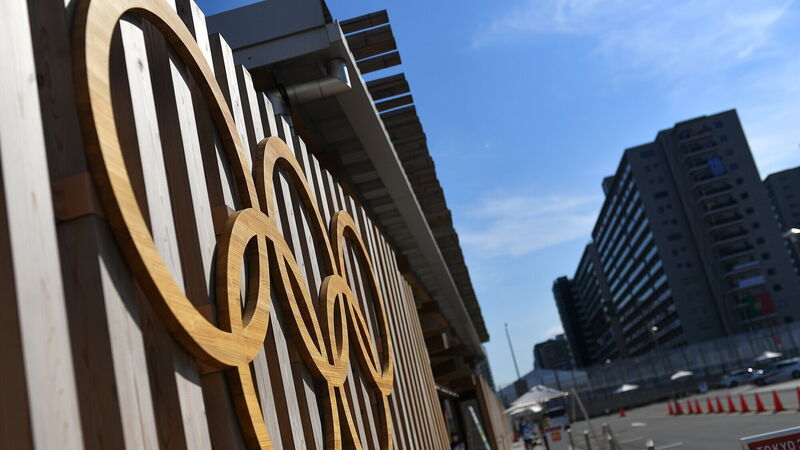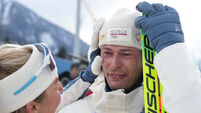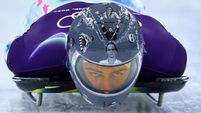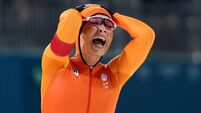Tommy Martin: In next two weeks, we’ll find Olympic ideal, that moment of golden glory

A general view at the entrance to the Olympic Village during the 2020 Tokyo Summer Olympic Games. Picture: Brendan Moran/Sportsfile
My first memory of Olympic glory is Daley Thompson winning the decathlon in 1984.
I remember watching it on the black and white television in our kitchen, Thompson soaring through the sultry Los Angeles sky atop a bendy pole. Flopping onto the mat with a cheesy grin, he then executed a perfect celebratory backflip, as if the pole vaulting part hadn’t been enough of a challenge. The BBC used it in the Grandstand opening titles for years afterwards.












